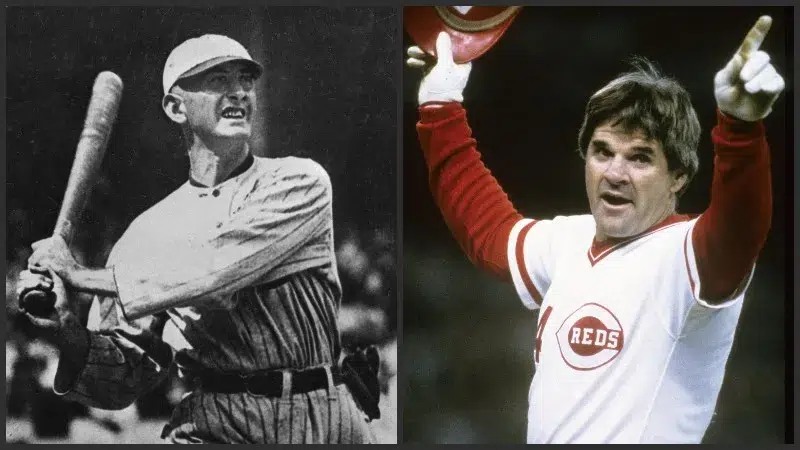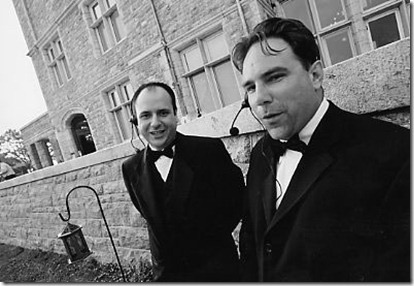I told a story at last night’s Moth StorySLAM in Manhattan.
As always, I had an amazing time, and I actually learned a lot.
Here are some of my observations and thoughts from the evening:
1. There are two Bleecker Streets in New York.
Who knew?
147 Bleecker Street in Queens is a large brick building currently available for rent.
147 Bleecker Street in Manhattan is the location of The Bitter End, the bar in which last night’s event took place.
When you’re leaving for The Moth immediately after work from Hartford, Connecticut, there is little room for error in terms of arriving on time, so finding yourself at 147 Bleecker Street in Queens instead of 147 Bleecker Street in Soho two minutes before doors are supposed to open makes for a rather rather harried trip.
Thankfully, I had purchased two of the limited number of tickets available for the event, so when we arrived at The Bitter End five minutes after the show was supposed to begin, my friend, Bengi, leapt from the car, cut the exceedingly long line, and asked the doorman if we could still get in.
After being verbally abused for our lateness, we were given permission to enter.
Fortunately, there was also plenty of illegal parking just a block away. I managed to get inside, force my way to the edge of the stage, and place my name in the hat just seconds before the show began.
2. The limited number of tickets that The Moth sells for these events has never made me the most popular person upon entering the venue. The tickets allow me to cut in front of people who have been standing in line for an hour or more, but the tickets are available to anyone who wants to purchase them, so it’s not as if I am getting an inside deal. And without them, it would be impossible for someone like me, who lives almost three hours from Manhattan, to attend any of the shows. I am extremely grateful to The Moth for making them available.
3. Having my friend, Bengi, with me last night was very beneficial in terms of improving future storytelling performances. He is one of the most analytic people I know (which can be annoying at times), but having him at the show to help diagnose my performance was exceptionally helpful.
4. I was called to the stage second to tell my story. I followed Erin Barker, the storyteller who beat me in last month’s GrandSlam.
As expected, Erin’s story was fantastic and possibly worthy of victory had she not been forced to go first.
My story was received very well by the audience, but it ran long, and considerably longer than I even knew. I failed to hear the first or second whistle warning me that my time was up (I’m still not sure which one), so when I stepped off the stage, Bengi said, “You went long, dude.”
“Yeah, but just a smidgen,” I said.
“You went way past the second whistle,” he said.
“No, I didn’t. I didn’t even get the second warning.”
Apparently, I did. What should have been a five minute story went almost seven minutes, and this most assuredly impacted my scores. I finished in fifth place last night, and while I shouldn’t have won last night’s competition (there were at least three other storytellers far better than me last night), I expected much better scores.
I can’t let this happen to me in the future.
How the hell did I miss the whistle?
5. I was especially frustrated about my story running long because there were definitely places for me to cut if time was an issue, which leads me to think that if there is a part of the story that I can eliminate if time becomes an issue, it should probably be cut anyway.
I need to be a better editor in the future.
6. I continue to be surprised at the number of repeat storytellers who participate in The Moth. Of last night’s nine other competitors, I had heard five tell stories before, and I’ve only attended six Moth events in my life.
7. I learned an important lesson last night:
You don’t need an amazing story to be a successful storyteller. You only need to tell the story well. My two favorite stories from the evening were hardly astounding in terms of content, but both were told brilliantly.
In the end, it’s more about delivery than content. I have some amazing stories to tell from my sordid past, but a simple story told well might be just as effective.
8. Another important lesson learned:
Successful storytellers match persona with story.
The story that I told last night was about a time in my life when I was not exactly confident or successful. It was a time in my life when I was awkward around girls, uncertain about my future, and feeling like a bit of a loser.
But Bengi pointed out that of all the people on the stage last night, I seemed the most confident and self-assured and therefore did not effectively convey the tone of my story well.
By contrast, the winner of last night’s StorySlam told a story from a similarly awkward and difficult time in his life, but his onstage affectations matched his story. He is clearly a quirky, somewhat anxious guy in real life, so the way in which he performed onstage, in a halting, less-than-confident cadence, helped to bring his story to life.
Interestingly enough, the story I told to win the StorySLAM last summer featured me as a self-centered jerk, a persona that I was able to effectively convey through my confidence and bravado onstage.
And while I did not win the GrandSLAM last month, I placed third by also telling a story in which I was a less-than-savory character.
In the end, I suspect that audiences want to believe that storytellers are being themselves onstage, and this is harder to achieve if your persona in the story does not match your persona onstage.
This means I’ll either have to stick with stories in which my confidence helps enhance my story or find a way to match my onstage persona to the story I am telling.
I suspect that the former is the right way to go.









